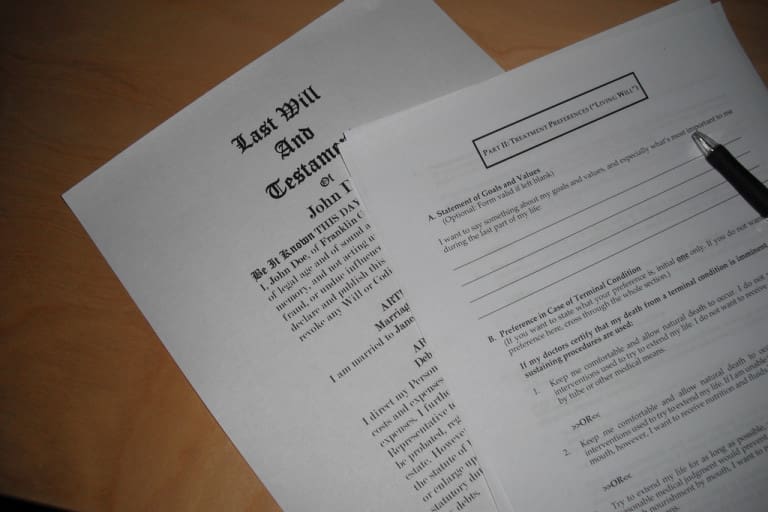Trust and Estate Litigation
Trusts can be terminated in a variety of ways. Trusts may be terminated because, over time, the goals of the trust become impossible to achieve. Last month, the Michigan Court of Appeals heard a case, Trupp v. Naughton, presenting such a scenario.[1] The case was based a trust created for…
Read MoreWhat is fiduciary litigation? Fiduciary litigation encompasses a wide range of legal actions including, without limitation, trust and estate litigation, will contests (also referred to as caveat proceedings), breach of individual and corporate fiduciary duty claims, and guardianship proceedings. Fiduciary litigation is becoming increasingly relevant as the baby boomer generation continues to age. …
Read MoreA diagnosis of dementia, which includes Alzheimer’s disease and other memory loss and/or cognitive reasoning disorders, is potentially devastating for both the patient and their family. Following a dementia diagnosis, it is important to execute these four essential planning documents to avoid further hardship in the form of costly court battles. (1)…
Read MoreNorth Carolina joins four other states in providing a path to ensure decedents’ assets are distributed according to their wishes upon death.[1] The North Carolina General Assembly recently enacted legislation amending statutes regarding estate administration by adding a procedure for “living probate.” This action is usually commenced by a testator…
Read MoreWhen advising clients and drafting employment contracts with non-compete clauses, there are several things every lawyer should keep in mind. The general rule is courts will enforce non-compete clauses to the extent they are reasonably necessary to protect legitimate business interests.[1] In North Carolina, they must be (1) in writing…
Read MoreWills must meet several basic requirements to be valid and enforceable under state law. If any of the below factors are at work, then a will’s validity may be challenged. (1) Undue Influence Undue influence exists when a person uses coercion to influence the…
Read MoreIf your neighbor’s driveway runs over your property, is it a permissible to dig a large ditch over the drive if the ditch impedes your neighbor’s access to their own land? Easements for neighboring properties are often necessary to access one’s own land, particularly in rural parts of the country.…
Read MoreThe duty of good faith and fair dealing is essentially the Golden Rule of Contract law and Business Law: treat others how you want to be treated, and you have a better chance of avoiding litigation. When parties run afoul of this duty, courts notice and hold them accountable. In…
Read More







